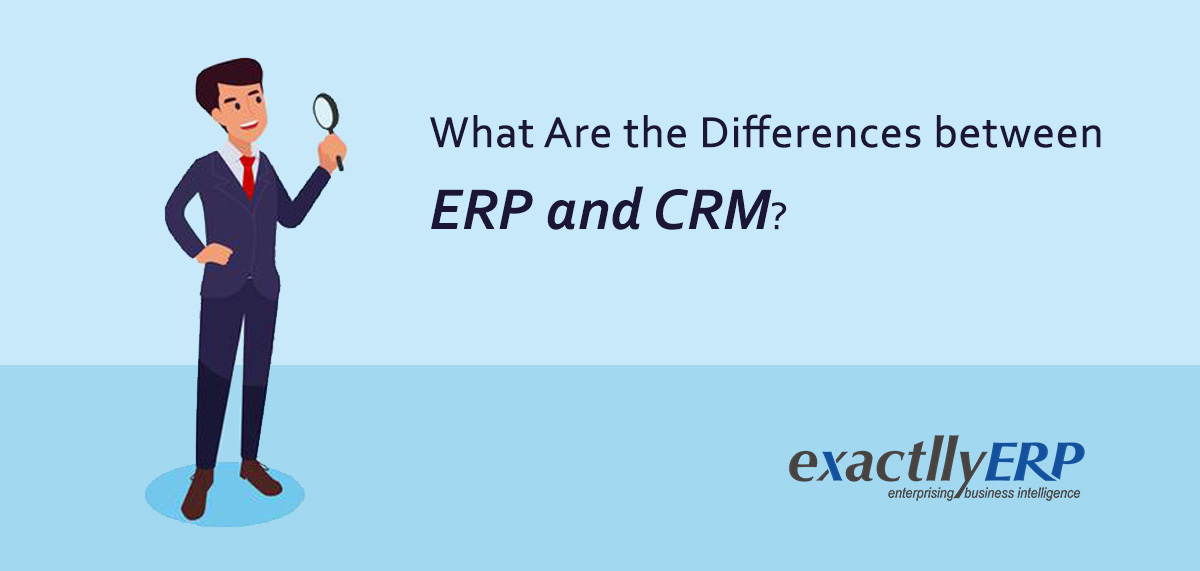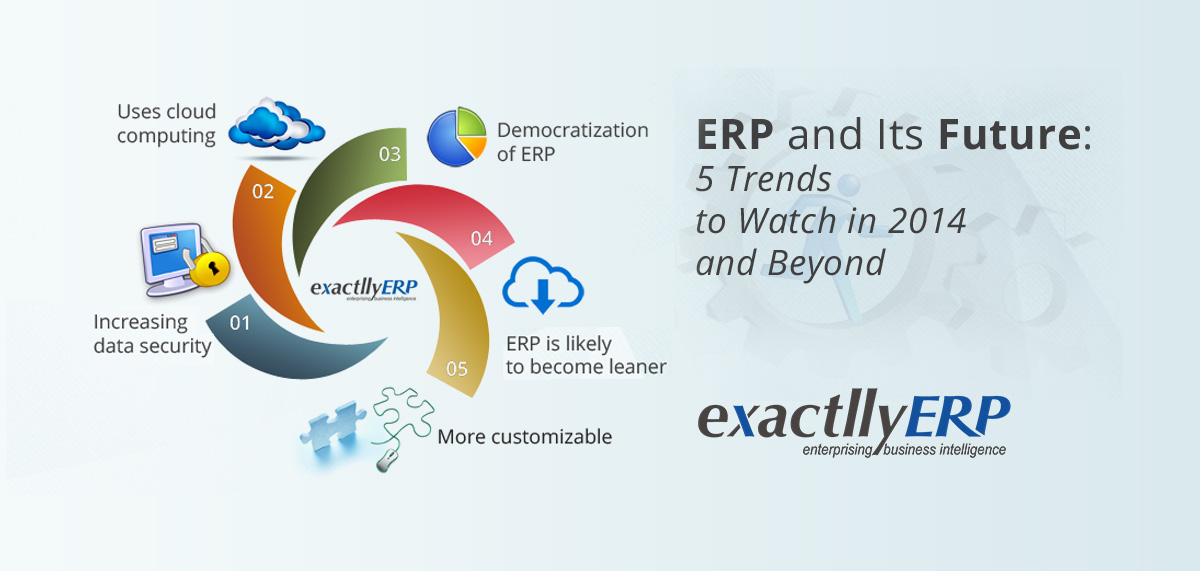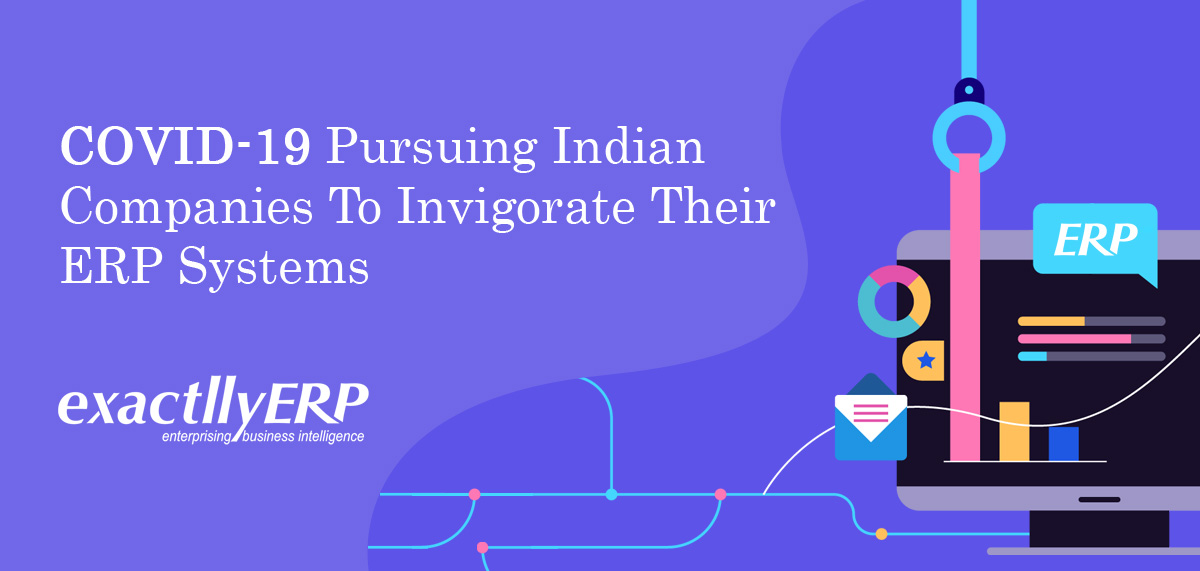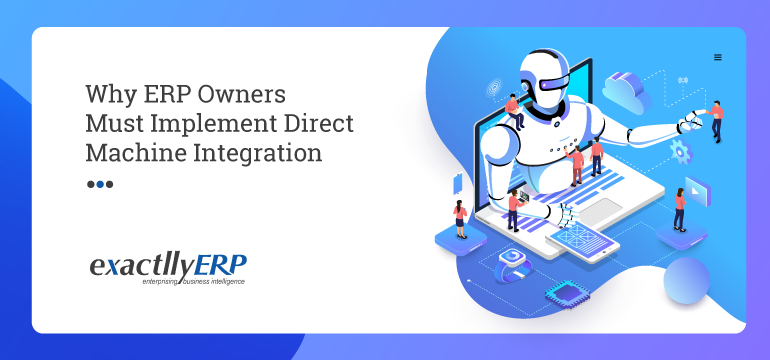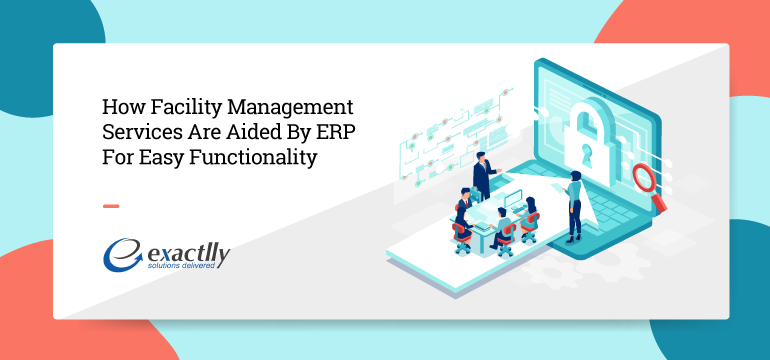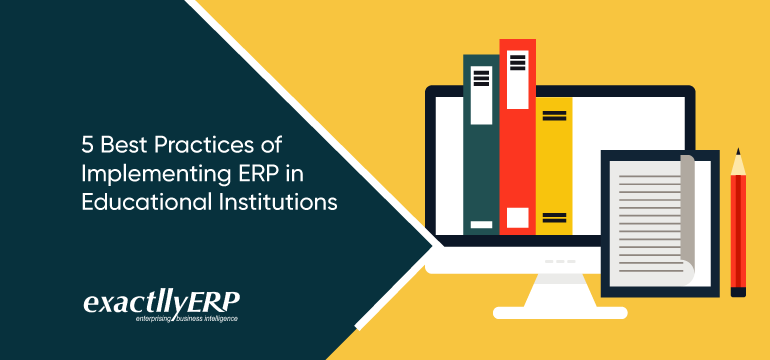How to Make Your ERP More Intelligent
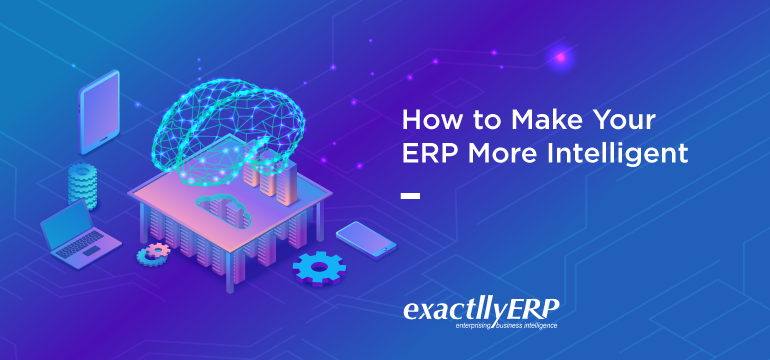
While most businesses may already have ERP implemented, they probably don’t consider ways to make ERP smarter. To make ERP smarter, it needs to re-integrate with smart technologies such as artificial intelligence, blockchain, etc. Most ERP vendors usually offer solutions that are geared towards automating day-to-day enterprise operations but fail to address the need for helping businesses remain competitive. One way to do this is by ensuring existing ERP installations are integrated with custom technological solutions that address the unique requirements of each business concerned. Successful businesses are always at the forefront of adopting emerging technologies, and the domain of ERP is no exception.
In this article, let us take a look at 5 important emerging technologies that can help existing ERP solutions to become smarter if integrated with forethought.
1. Consider Integrating Sensor Technology –
Sensors are widely used to help devices communicate with each other. IoT based sensors are used to enhance fieldwork operations, industrial performance and even offer product maintenance to customers. Integrating ERP with sensor technologies will help businesses to offer predictive maintenance, resulting in improved customer satisfaction. Industrial performance can be improved and safety issues can be addressed when sensors are implemented across hazardous working environments. In addition, sensors can also be used in manufacturing units to improve product quality and ensure an error-free manufacturing process. Integrating ERP with these sensors will ensure that managing these disparate functions can be automated, and controlled remotely by employees.
2. Use Artificial Intelligence to Enhance Functionalities –
Artificial intelligence-based applications can be integrated with ERP in order to help the tool acquire smart capabilities. For instance, AI-based chat apps and communication tools are already offered by conventional ERP vendors. Going forward, we can expect more AI-based tools such as natural language processing, emotion and face recognition tools, etc. to be integrated with ERP for the purpose of deeper insights and authentication. Such integrations have the purpose of enhancing existing Enterprise Resource Planning functionalities and adding new ones where necessary or possible. AI solutions need to be customized and a lot depends on what the particular business needs in order to arrive at unique smart solutions.
3. Integrate Blockchain-Based Authentication –
A number of vulnerabilities and risks can be avoided by implementing blockchain-based authentication. Blockchain technology ensures that unauthorized transactions do not take place and that there is a certain portal to be followed which is automated. When integrated with ERP, chosen transactions will be authenticated automatically only when conditions meet. This eliminates possibilities of fraud, errors and ambiguities. Blockchain can also be integrated with ERP to make financial transactions go through successfully. Blockchain-based payment approvals ensure that conditions are satisfied before any transaction gets approved. Integrating blockchain with ERP has far-reaching implications and is certainly one of the smartest things to do.
4. Implement Text Analysis –
Text analysis software can be used to understand the meaning of textual data and accurately decipher social media conversations and customer interactions. Text analysis uses natural language processing to understand hidden themes and ideas that propel customers to behave in a certain manner. When integrated with ERP, text analysis can help you augment your sales and marketing efforts, while providing excellent customer service as well. A number of businesses that use text analysis alongside ERP report that they see better sales and increased return customers. This is because text analysis helps businesses to communicate with customers more effectively.
5. Use the Predictive Analysis for Insight –
Predictive analytics help businesses with insight that can help them to foresee trends. An accurate sales forecast can be made, and market trends can be identified even before they crystallize. By integrating predictive analytics with ERP, we can use existing data to predict outcomes that otherwise would be missed by regular tools. Predictive insight helps businesses to procure raw materials at low prices and replenish stock before time runs out. In other words, such integration will help boost sales and keep stock ready when demand surges. ERP integration with predictive analysis is of particular importance to e-commerce businesses, which often depend on the timely delivery of products and keeping inventories in tandem with demand and supply economics.
Integrate Emerging Technologies for a Smarter ERP:
Certainly, ERP is one of the most useful tools a business can ever implement. However, its functionalities can be further improved by integrating newer and emerging technologies that aren’t yet offered as default features of an ERP. To start with, consider using IoT sensors to enhance product maintenance and field work. Various AI-based applications can be integrated to improve the existing features of Enterprise Resource Planning. To ensure authentication and avert security breaches, start using blockchain-based programs.
Textual analysis can help your Enterprise Resource Planning process documents, conversations and text, leading to better insight. Speaking of insight, predictive analytics will help you foresee trends well in advance so that your business remains one step ahead of everyone else. Inventory management and stock replenishment become a piece of cake when ERP is integrated with predictive analytics.
Contact Us for more information about how you can make your ERP smarter by integrating emerging technologies. You might be surprised to learn how easy it is to make your ERP smart and ready for the future!

